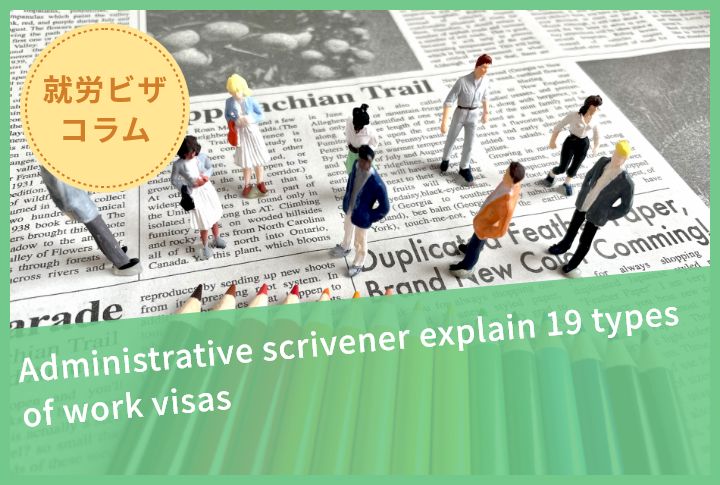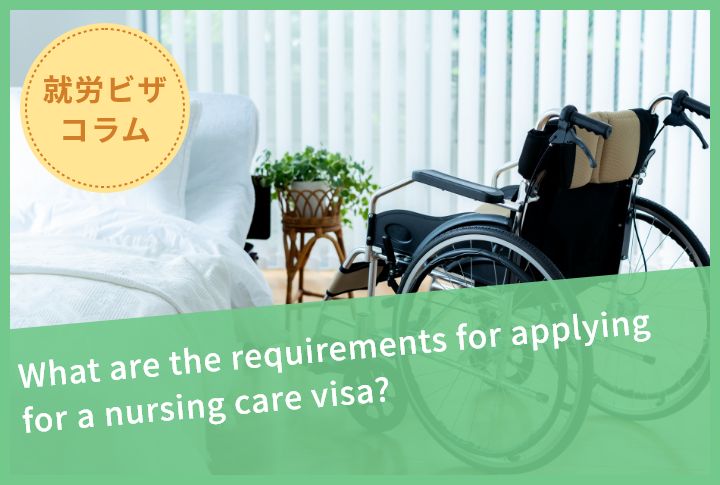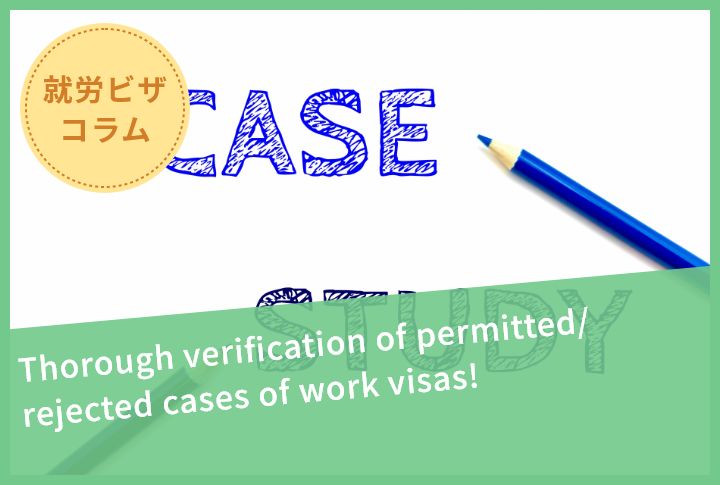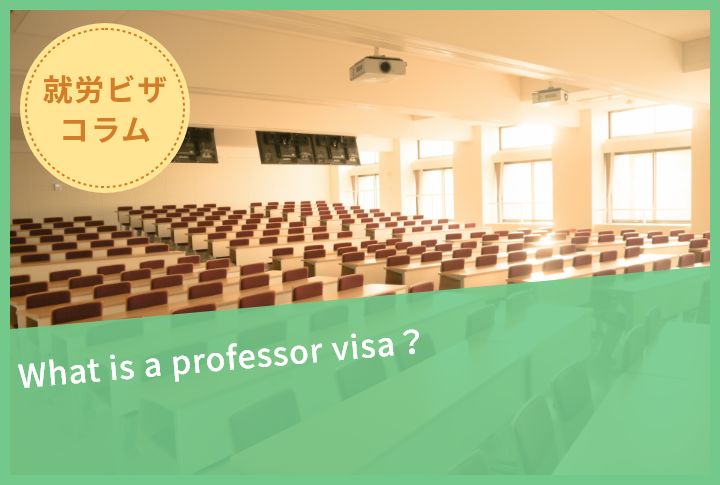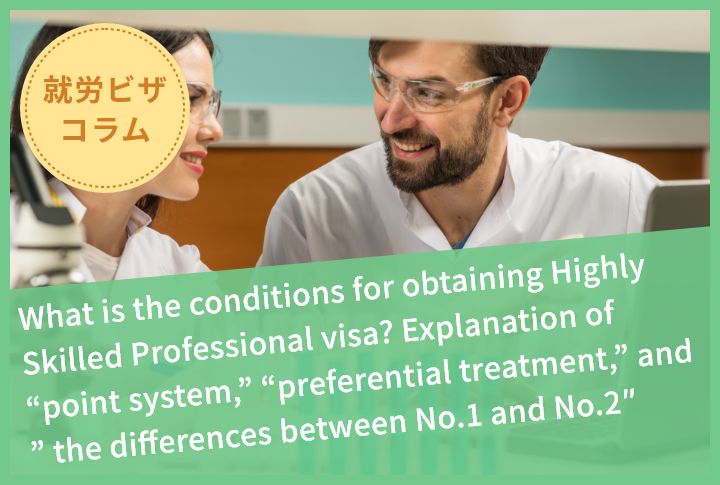What is an intra-company transferee visa?
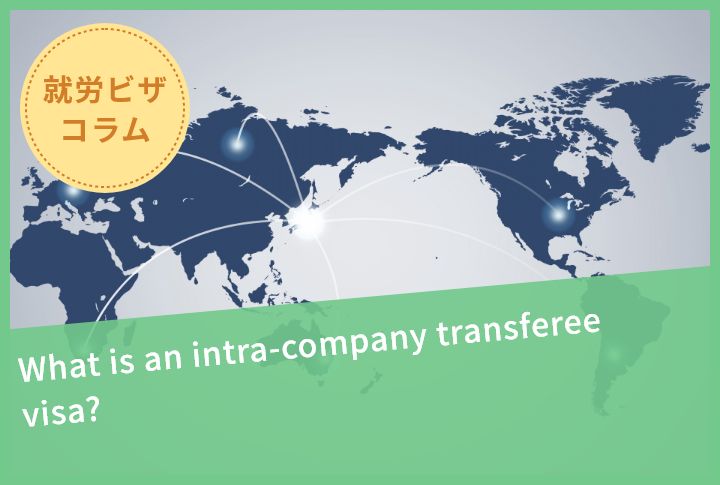
Intra-company transferee visas are provided, in response to the internationalization of corporate activities, in order to accept foreigners who are transferred from a foreign office to an office in Japan due to personnel relocation. This type of visa is applicable to activities on the part of a personnel who is transferred to a business office in Japan for a limited period of time from a business office established in a foreign country, and who engages in the activities permitted by engineer/specialist in humanities/international services visa.
Intra-company transfer visas requires a complex understanding among all work visas. In this article, we will explain about intra-company transferee visas, mainly focusing on the issues in immigration practice.
Index
1. What is the scope of intra-company transferee visa?
(1) The activities permitted by an intra-company transferee visa
The activities permitted by an intra-company transferee visa are the same as those permitted by an engineer/specialist in humanities/international services visa. It seems that many people misunderstand that transferees can engage in jobs that are not stipulated in the Immigration Act. Please pay particular attention to this point.
Activities that can be conducted with this visa in Japan are provided in the right-hand column under “Intra-company Transferee” of Appended Table I (2) of the Immigration Act as follows:
Activities on the part of a personnel who is transferred to a business office in Japan for a limited period of time from a business office established in a foreign country by a public or private organization which has a head office, branch office or other business office in Japan, and who engages in the activities listed in the right-hand column of the “Engineer/Specialist in Humanities/International Services” section in this table at this business office.
(2) Explanation of the text
a) What is “a public or private organization which has a head office, branch office or other business office in Japan”?
They include not only private companies, but also public corporations, incorporated administrative agencies and other organizations (JETRO, Keidanren, etc.). They also include agencies of foreign governments or foreign local public entities (including local governments). However, in the case of an agency of a foreign government, if the activities of the agency fall under the activities of the status of residence of “Diplomat” or “Official,” these statuses of residence will be granted, instead of “Intra-company Transferee.”
b) What is “transfer”?
The term “transfer” is, in our daily life, often referred to a transfer within the same company, but “transfer” in the status of residence of “Intra-company Transferee” includes secondment within group companies. The term “group companies” herein means “parent company,” “subsidiary company,” and “affiliated company” stipulated in Article 8 of Regulation on Terminology, Forms, and Preparation Methods of Financial Statements (hereinafter referred to as the “Regulation on Financial Statement”). Please note that you cannot obtain an intra-company transferee visa for a transfer to a mere business partner that does not fall under the “parent company”, “subsidiary company”, or “affiliated company” in Article 8 of the Regulation on Financial Statement.
(3) Standards of permission for landing
An intra-company transferee visa requires compliance with the standards of permission for landing in addition to compliance with the status of residence. According to the ministerial order, the applicant needs to meet both of the following:
Standards of permission for landing
(i) If the applicant engaged in the services listed in the right-hand column corresponding to “Engineer/Specialist in Humanities/International Services” specified in Appended Table I (2) of the Act at the main office, branch office, or other office outside of Japan immediately prior to the transfer pertaining to the application, such period has been a continuous period of one year or more (if the applicant engaged for a period in the duties at a business office in Japan of a public or private organization with a business office outside of Japan with the status of residence of “Intra-company Transferee”, the period adding together this period).
(ii) The applicant receives no less remuneration than would a Japanese national for comparable work.
The service conducted before the transfer does not have to be the same as or related to the service to be conducted in Japan after the transfer, and as long as it is one of the services listed in the right-hand column corresponding to “Engineer/Specialist in Humanities/International Services,” it is sufficient.
In addition, the applicants are required to have been working for a continuous period of 1 year or more immediately prior to the transfer to the main office, branch office or any other office in Japan. However, if he had been transferred from a foreign business office to a business office in Japan within 1 year immediately prior to the transfer and stayed in Japan with the status of residence of “Intra-company Transferee,” the period of such stay can be added.
In addition, the applicants for intra-company transferees are not subject to the requirements of educational or professional background provided in the standards of permission for landing for the status of residence of “Engineer/Specialist in Humanities/International Services,” those who are not university graduates or who have little work experience are eligible for an intra-company transferee visa.
The payer of remuneration is not limited to a party in the employment contract, unlike the status of residence of “Engineer/Specialist in Humanities/International Services.” For example, in case where the foreign main office pays basic salary, and the branch office in Japan pays supplementary allowances for living such as housing expenses, an intra-company transferee visa will still be granted as long as the total amount is “no less remuneration than would a Japanese national for comparable work.”
2. Documents required when applying for an intra-company transferee visa
Documents required when applying for an intra-company transferee visa are as follows:
[Application for Certificate of Eligibility]
(Japanese)
http://www.moj.go.jp/isa/applications/procedures/shin_zairyu_nintei10_13.html
(English)
http://www.immi-moj.go.jp/english/tetuduki/kanri/shyorui/01.html
[Application for Change of Status of Residence]
(Japanese)
http://www.moj.go.jp/isa/applications/procedures/16-2.html
(English)
http://www.immi-moj.go.jp/english/tetuduki/kanri/shyorui/02.html
[Application for Extension of Period of Stay]
(Japanese)
http://www.moj.go.jp/isa/applications/procedures/16-3.html
(English)
http://www.immi-moj.go.jp/english/tetuduki/kanri/shyorui/03.html
3. Q & A concerning intra-company transferee visas
Following is a list of frequently asked questions about intra-company transferee visas.
Q: Is it possible to transfer a newly hired employee from a foreign parent company to a subsidiary in Japan?
A: An intra-company transferee visa requires that the applicant has been continuously working at the headquarter, a branch, or any other office outside of Japan for one year or more immediately prior to the transfer. A newly hired employee cannot obtain an intra-company transferee visa, so you should consider obtaining an engineer/specialist in humanities/international services visa, instead.
Q: We will transfer one of our employees from our foreign parent company to a subsidiary in Japan as a director. In this case, should he, as an intra-company transferee, obtain an intra-company transferee visa?
A: If he is mainly engaged in business management activities of a company, a business manager visa may be applicable. If he does not focus on business management activities, an intra-company transferee visa should be applicable.
Q: We plan to decide the period of transfer, considering the situations of the applicant’s life and our company. Do we need to decide the period at the time of application?
A: Intra-company transferee visas require each transfer to be “for a limited period of time.” So, to obtain an intra-company transferee visa, you need to fix the period at the time of application.
Q: We are wondering if we should apply for an intra-company transferee visa or an engineer/specialist in humanities/international services visa. How should we decide?
A: Intra-company transferee visa requires a proof of capital relationship etc., so it is common to first consider an engineer/specialist in humanities/international services visa, and then intra-company transferee visas if an engineer/specialist in humanities/international services visa is not applicable.
If you consult with us, we will make a judgment in such order, but if both intra-company transferee visa and a visa of engineer/specialist in humanities/international services are applicable, we advise to consider the following points:
a) The number of people who will be transferred to Japan.
b) Whether the company plans to continuously transfer more personnel in future.
c) Expected period of stay in Japan.
a) If the number of people who will be transferred from abroad is large, you should consider obtaining an intra-company transferee visa. This is because intra-company transferee visa is, unlike an engineer/specialist in humanities/international services visa, not affected by the educational background etc. of each applicant. Therefore, if the requirements for an intra-company transferee visa are fulfilled and you plan to transfer a large number of employees, an intra-company transferee visa would simplify future procedures.
b) This aims at the same point as a) above. Once the capital relationship of the companies is demonstrated for the application for intra-company transferee visa, the demonstration of the capital relationship will be relatively be easy in future applications. When the company plans to transfer more employees in the future from subsidiary companies, etc., but it can be a better strategy to obtain an intra-company transferee visa although you may have to make much effort at first.
c) You should take into consideration the length of stay in Japan of the personnel to be transferred. Intra-company transferee visas are for transfers of a fixed-term, so if the length of stay will be long, an engineer/specialist in humanities/international services visa is a better option.
Q: We heard that with an intra-company transferee visa, we can have the transferees engage exclusively in simple work. Is that true?
A: It is not true. Under an intra-company transferee visa, a transferee needs to engage mainly in an activity which falls under at least one of “specialized skills or knowledge pertinent to the field of […] natural science,” “humanities fields,” and “specific ways of thinking or sensitivity acquired through experience with a foreign culture.” So, engaging exclusively in simple work with an intra-company transferee visa is not allowed by laws, and legal responsibility may be incurred.
Q: Do I need to conclude an employment agreement with a company in Japan to obtain an intra-company transferee visa?
A: When you are transferred within the same legal entity, you do not need to conclude an employment agreement with the company in Japan. In the case of engineer/specialist in humanities/international services visa, on the other hand, you need to conclude an employment agreement with a company in Japan. Intra-company transferee visas do not always require an employment agreement with the company in Japan, which is a feature of this visa.
Q: One of our employees with an intra-company transferee visa wants to retire. He asked me whether he could keep the intra-company transferee visa?
A: If he intends to move to a completely different company, he cannot keep the intra-company transferee visa, and needs to change his visa. Please note that he may not be eligible for a work visa, depending on his educational background, work experience, qualifications, and types of services to be conducted in the new company.
4. Summary of intra-company transferee visas
An intra-company transferee visa is a status of residence established to accept talented workers such as professional engineers to offices in Japan, in order to support the globalization of companies.
Rather than hiring a new foreigner, companies can reduce hiring costs and are also able to choose a person who surely has immediate fighting strength by transferring a foreign employee from a subsidiary or affiliated company. Considering these advantages, we expect this type of visa will become increasingly popular.
That said, it can be difficult to judge whether a person has eligibility for the status of residence for an intra-company transferee visa. In such cases, it is advantageous to refer to professional opinions. If you have any questions, please feel free to contact us.








